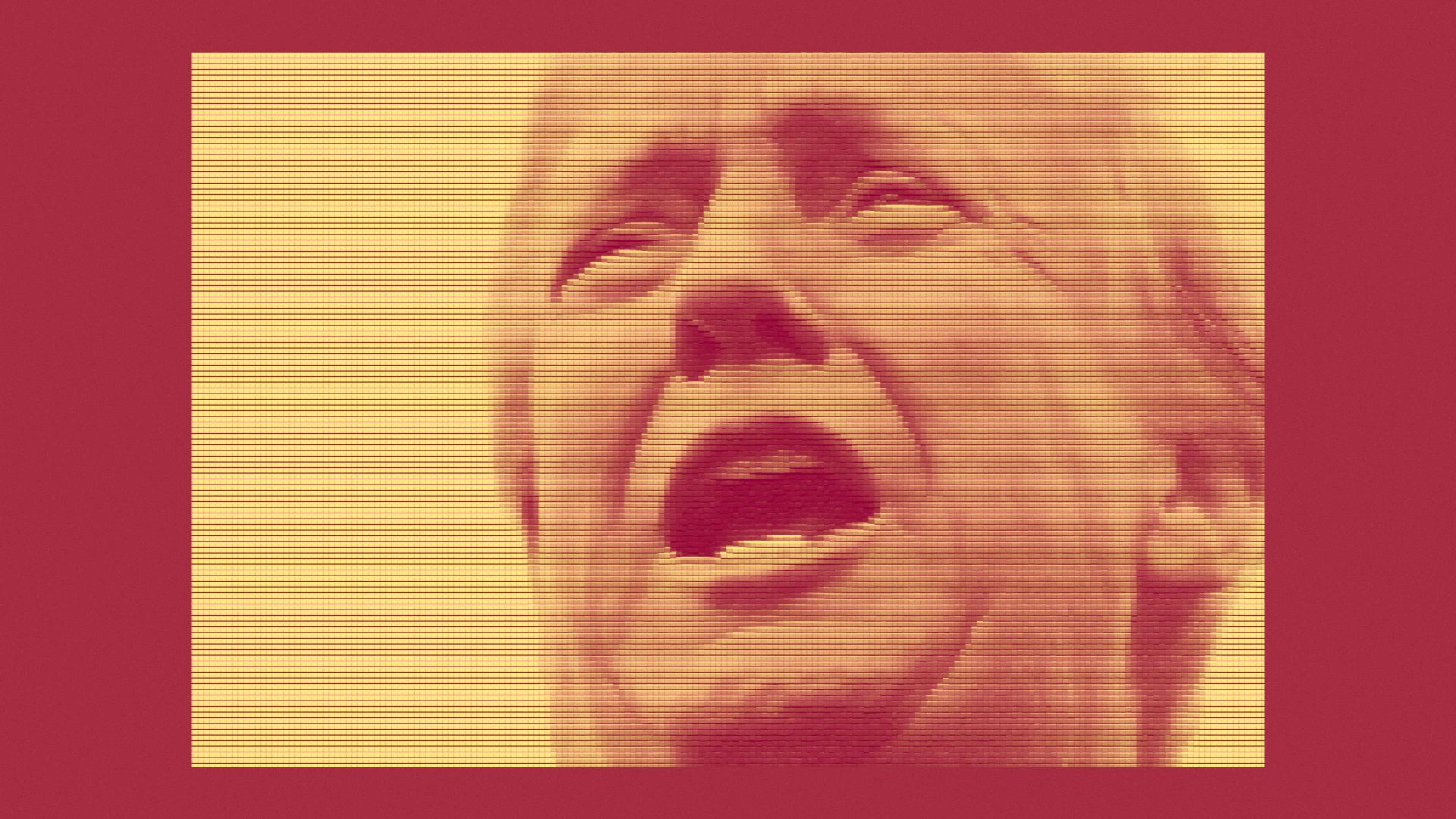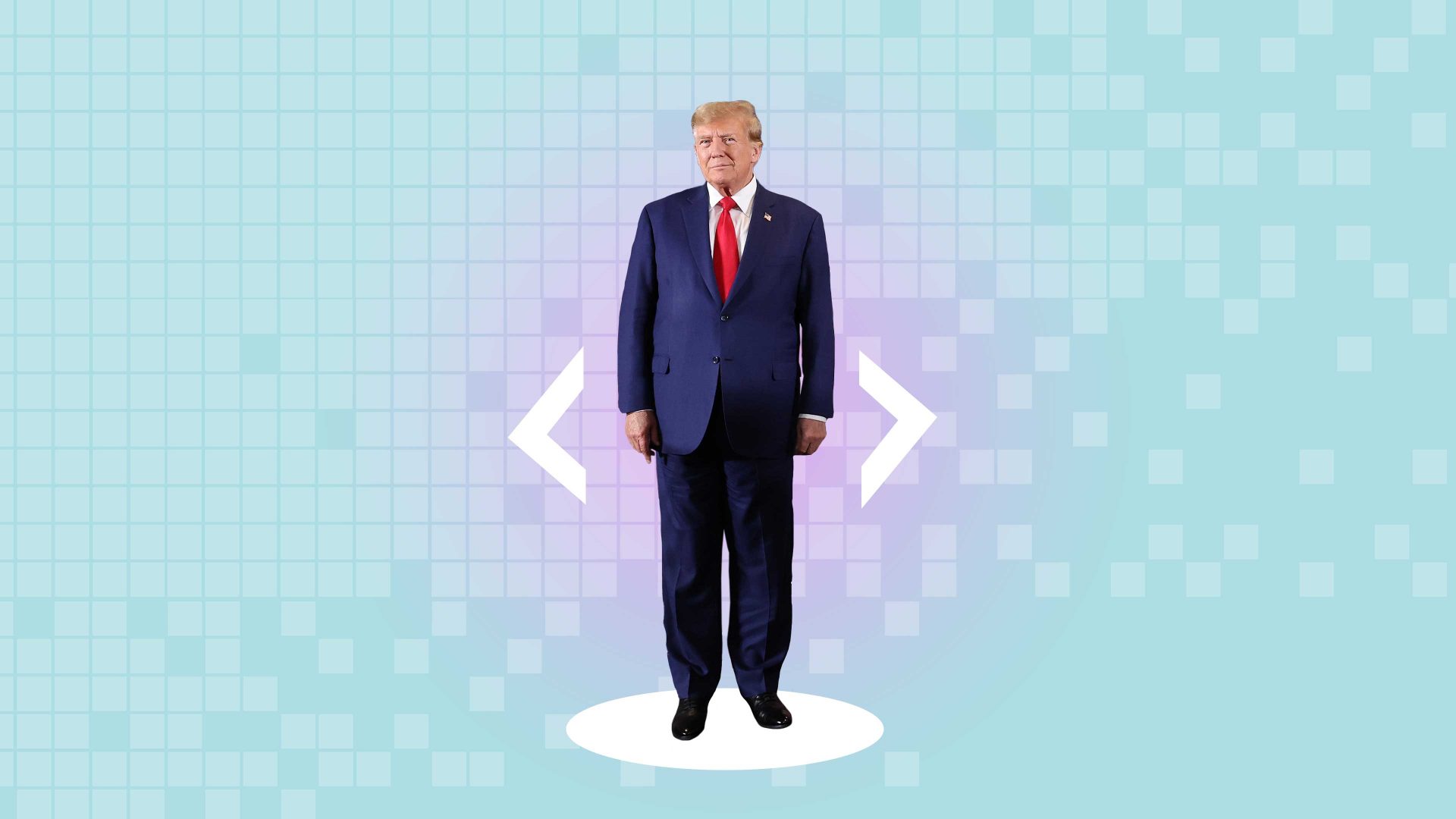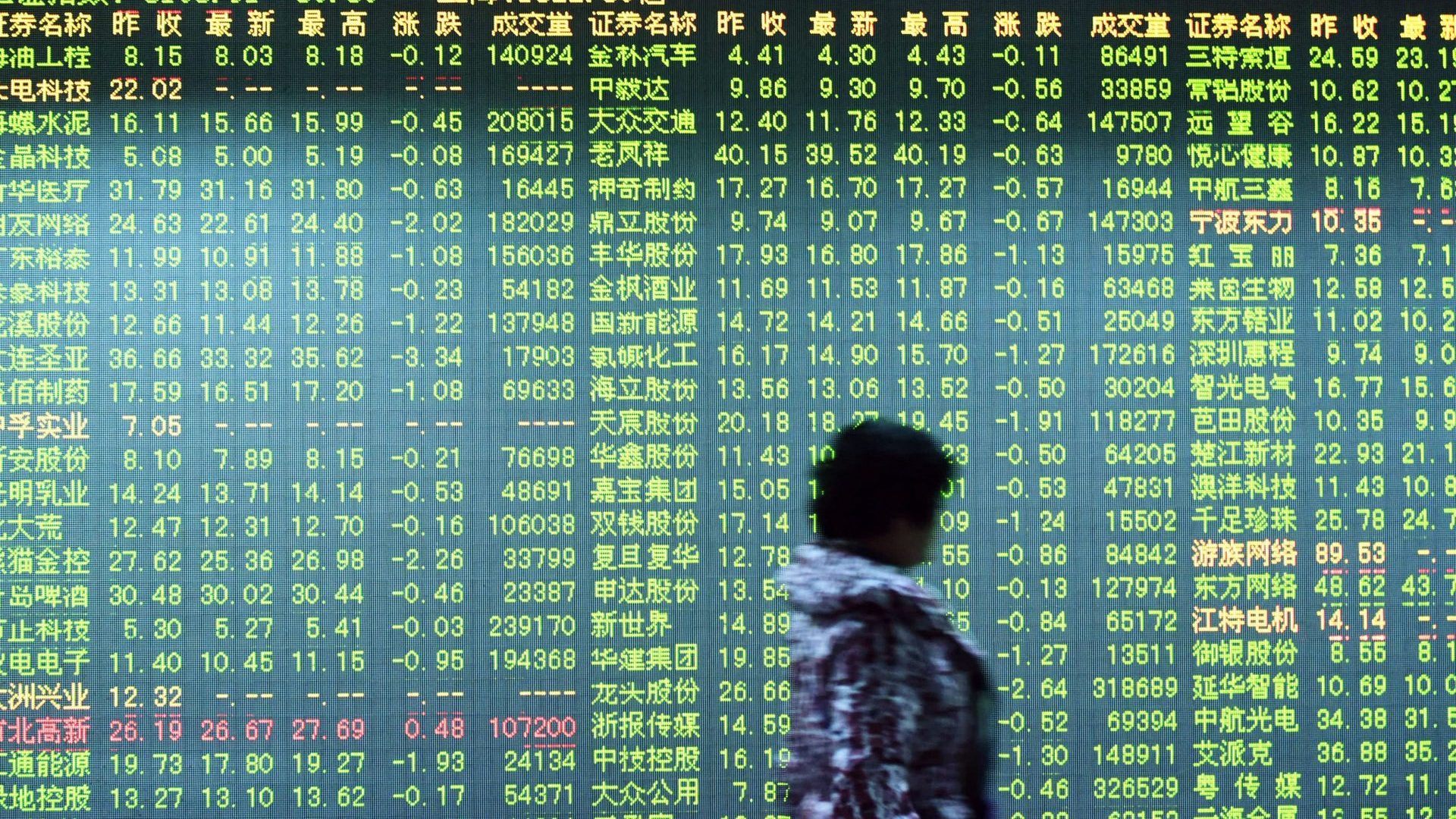Gathering the world’s political and business leaders together for a few days in which they might begin to collaborate on solving the huge problems we face is an indisputably good idea. Whether it works is more debatable.
The public statements that were released from Davos this year were of the usually inane variety and could have been made more easily, and with just as little impact, from Dudley or Dusseldorf. More important, though, are the conversations conducted behind the scenes. The opportunities for powerful people to have private conversations are unrivalled and the results could be far-reaching.
This year, with political turmoil raging around the globe, a world summit could not have been more timely. That neither Donald Trump nor Vladimir Putin were in attendance clearly raises some doubts about the “world” aspect, but the organisers could claim 350 heads of state and government ministers among the 3,000 participants. Most notably, these included China’s premier, Li Qiang.
Now the question to which you, like me, might most have wanted to hear Li’s response could have been how far China is prepared to push its ambition to regain control of Taiwan. That, however, was not what Li wanted to discuss, and Klaus Schwab, the 85-year-old founder of the World Economic Forum, is far too polite a host to ask difficult questions. His on-stage interview stuck to Li’s chosen subject, China’s economy, which to his eyes seems more buoyant than to those of more sceptical Sino-watchers.
Nevertheless, off stage the politicians and, perhaps more importantly, the money-men, will have had the opportunity to impress upon Li how an overly aggressive approach to Taiwan might not serve China well.
While Li was Schwab’s political star guest, Sam Altman was his business headliner. With artificial intelligence a recurrent topic throughout the meeting, the founder and chief executive of OpenAI was listened to with all the reverence due a guru.
But Altman did not have answers to questions over where AI would take the world. Nor could he counter the grim warning of the International Monetary Fund’s managing director, Kristalina Georgieva, that AI’s effect on jobs was likely to worsen inequalities within economies.
While every speaker was keen to stress the positive aspects of AI, particularly in how it could be used to drive improvements in health and education and productivity, the risks featured heavily. And the suggested response to those, as to virtually every challenge that was on the Davos agenda, was the same: leaders need to “pull together”.
It is not surprising that the most vocal advocate of this obviously optimal approach was António Guterres, head of the United Nations. Whether countering climate change, threats to peace and security or the challenges posed by AI, global solutions were required, he and a succession of worthy international speakers declared.
Off stage, the bankers and corporate chiefs who flock to Davos no doubt nodded their agreement – but in the full knowledge that, when it comes to matters or regulation, for instance, it can be difficult to formulate national policies, let alone global ones. Which is why the conversations over coffee or cocktails can advance cooperation far more effectively than any number of public round tables. Lobbying is rife in every hotel lobby.
Saving the world is a daunting task and one that the World Economic Forum has been attempting to address for more than 50 years. Whether it has made any positive contribution is hard to judge, but it has certainly improved the economics for Davos hoteliers and chalet-owners.
This year, however, more than most, the British contingent must have returned home to wonder whether there was just one topic that should have been much more prevalent on the agenda. With Ukraine’s president, Volodymyr Zelensky, in attendance and the fighting in Gaza continuing, the issue of war could not be avoided completely, but it was not the major concern in Davos. In such beautiful and luxurious surroundings, artificial intelligence seems far more real than mortar fire.
Yet as delegates drained away from the ski resort, the head of the British army was preparing a speech destined to shake any sense of complacency in the UK. General Sir Patrick Sanders said that Britain should be preparing to “mobilise the nation” to bolster the size of the army ready to fight against Russia.
He did not call for conscription, although that was, inevitably, the way in which the media chose to develop the story. Nevertheless, he has made his view clear before that the army has been reduced to dangerous levels and, as he prepares to retire, he is now making his case more forcefully.
Fuelling unease over defence is the now very real prospect of Donald Trump being installed as president of the United States again. The Republican front-runner’s ideas of “special relationships” do not provide any comfort for the UK. Unlike in the past, it would not be able to rely on the mighty US coming to its rescue in any conflict.
The obvious answer to such danger is a European fighting force, but that would require both financial and political commitment. But that was a topic too controversial, it seems, for the Davos agenda.




